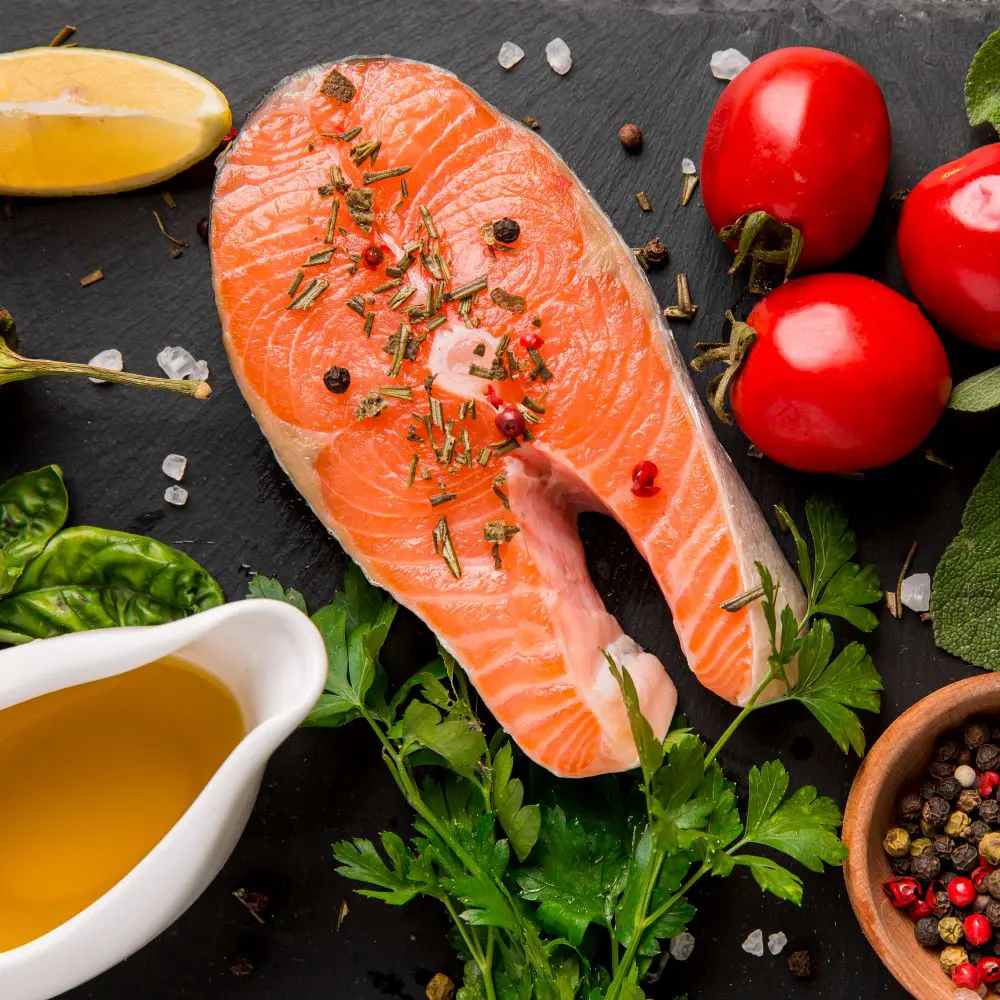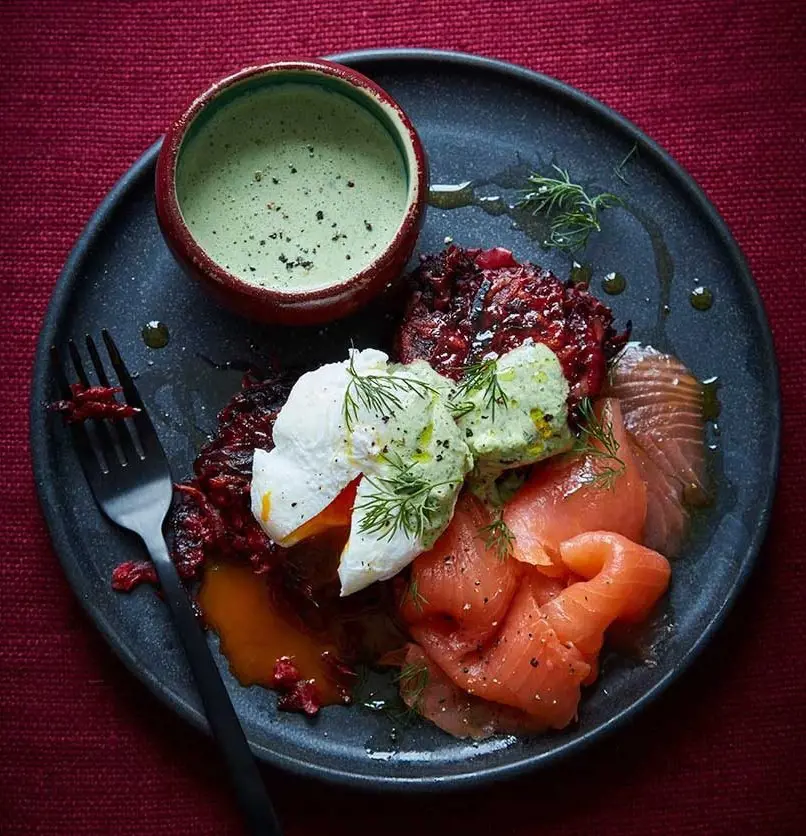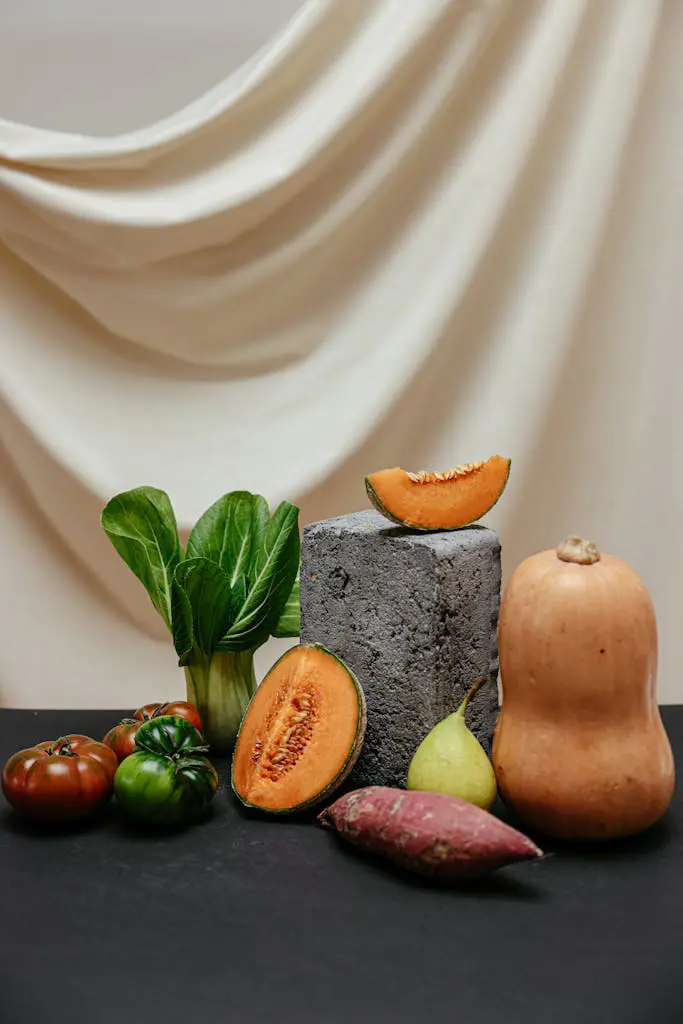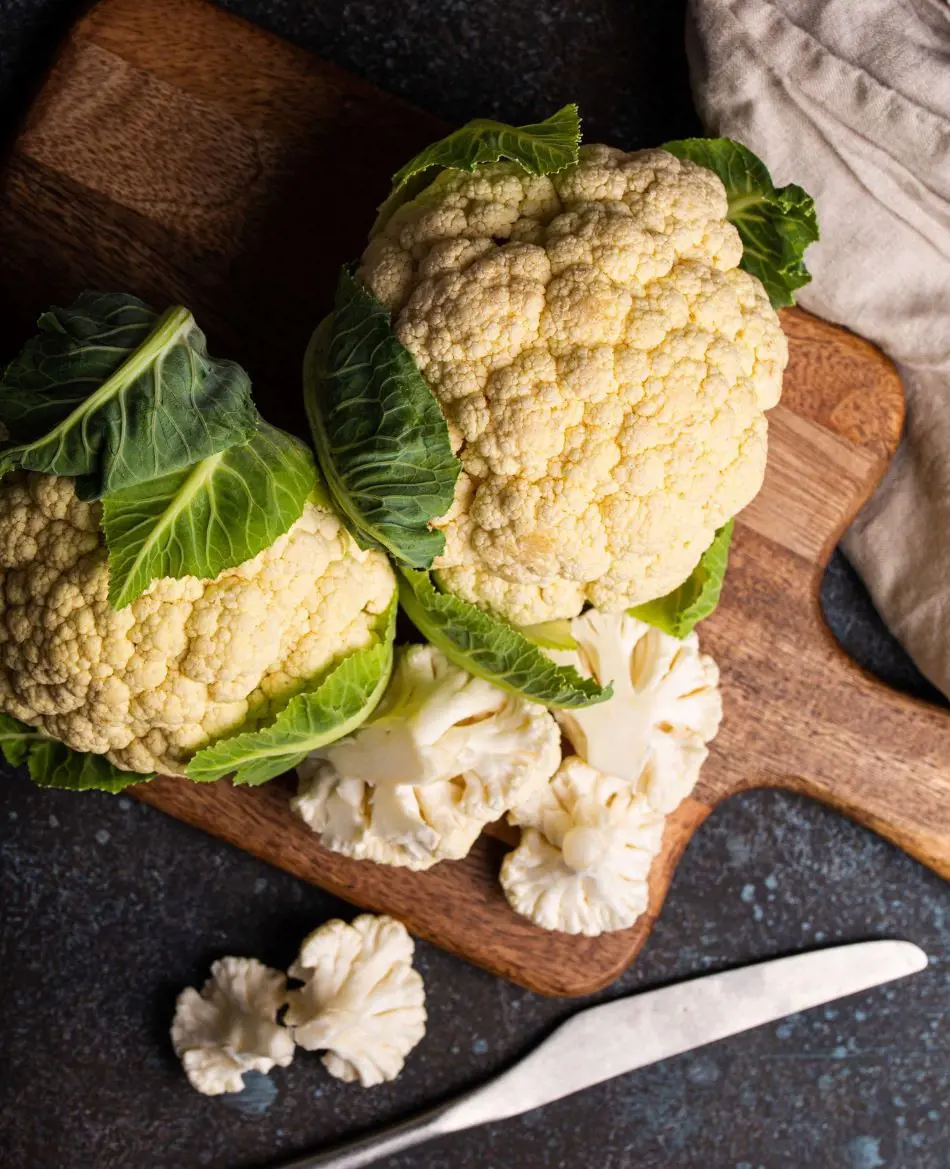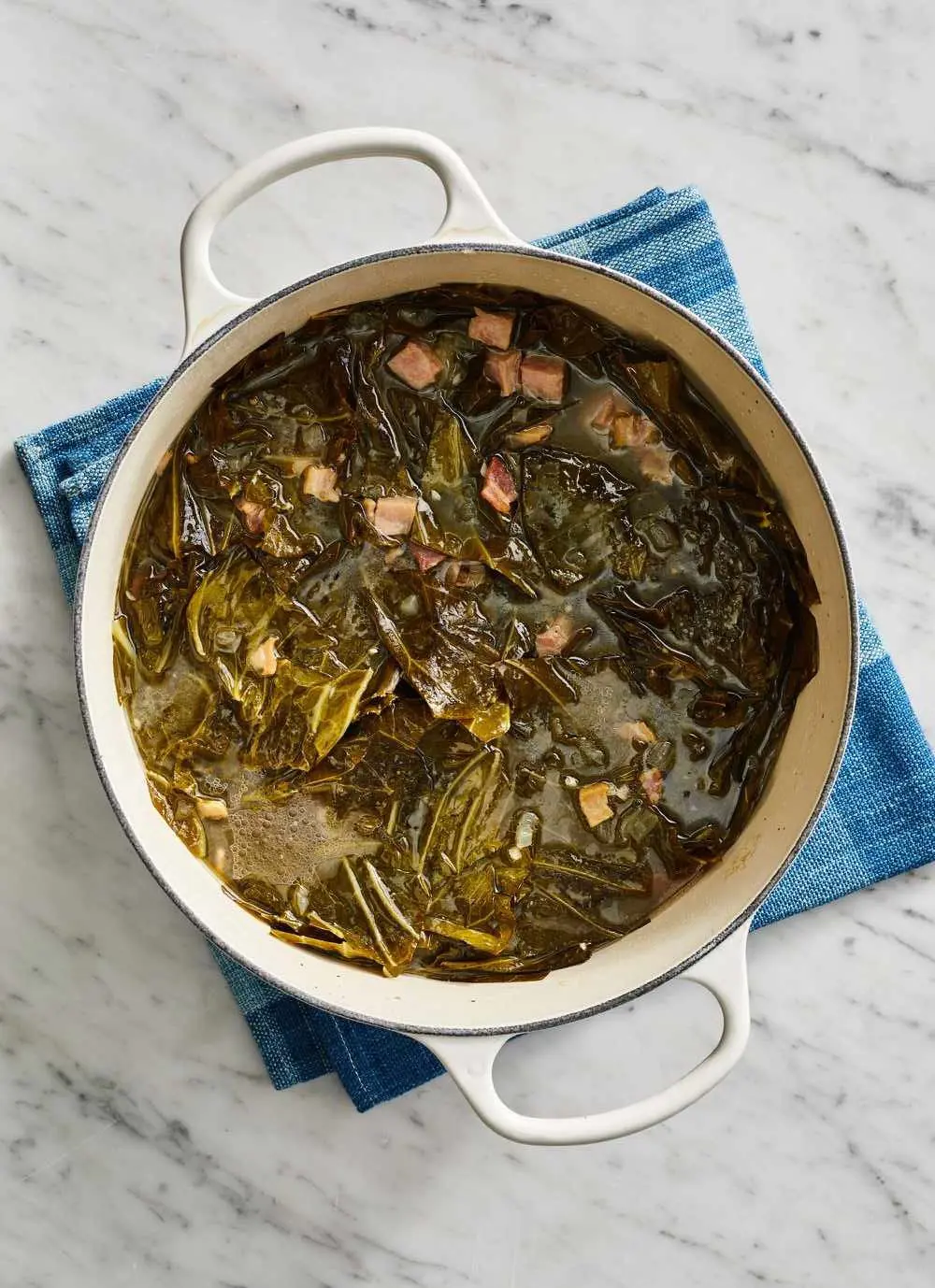20 High Iron Fruits To Add To Your Diet
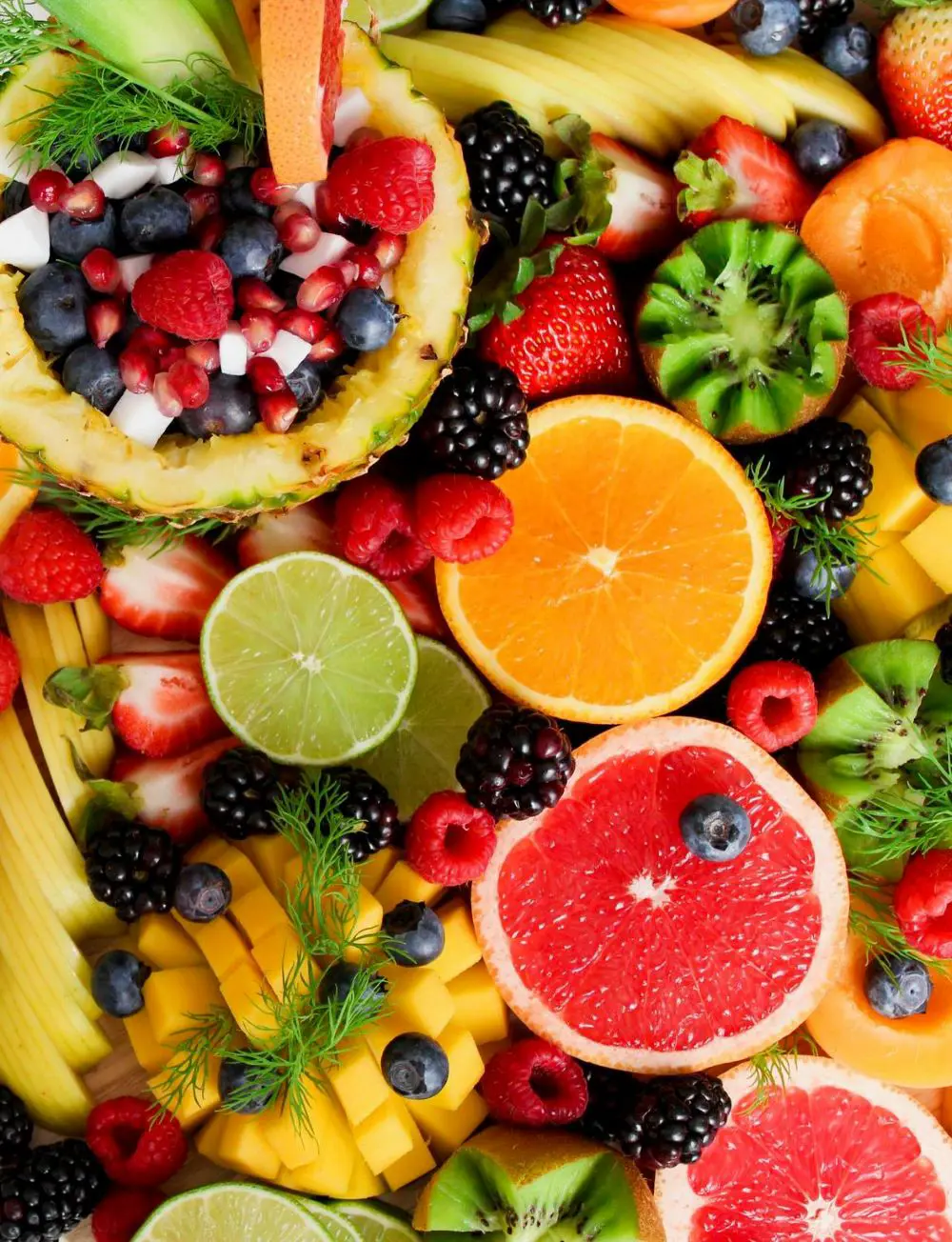
Iron is an essential mineral vital for various bodily functions, including oxygen transport, energy production, and DNA synthesis. Men generally need around 8 mg of iron per day, while women require 18 mg during their reproductive years due to menstrual losses.
There are two types of dietary iron: heme iron, found in animal products like meat, fish, and poultry, and non-heme iron, found in plant-based foods such as fruits, vegetables, and nuts.
Fruits, although typically rich in non-heme iron, should be consumed with protein or vitamin C sources to enhance absorption. Here are 20 high iron fruits that can help meet daily requirements effectively.
1. Prunes
Prunes are dried plums known for their sweet flavor and wrinkled appearance. They are particularly valued for their high nutrient content, including iron. A 100-gram serving of prunes contains 0.93 mg of iron, making them a significant source of this mineral, especially beneficial for those needing to boost their iron intake, such as individuals with anemia or pregnant women.
Beyond iron, prunes are also rich in fiber, potassium, and antioxidants, which contribute to digestive health, heart function, and overall well-being. Enjoy prunes as a snack or incorporate them into oatmeal, yogurt, muffins, or breads to reap their health benefits.
2. Dried Apricots
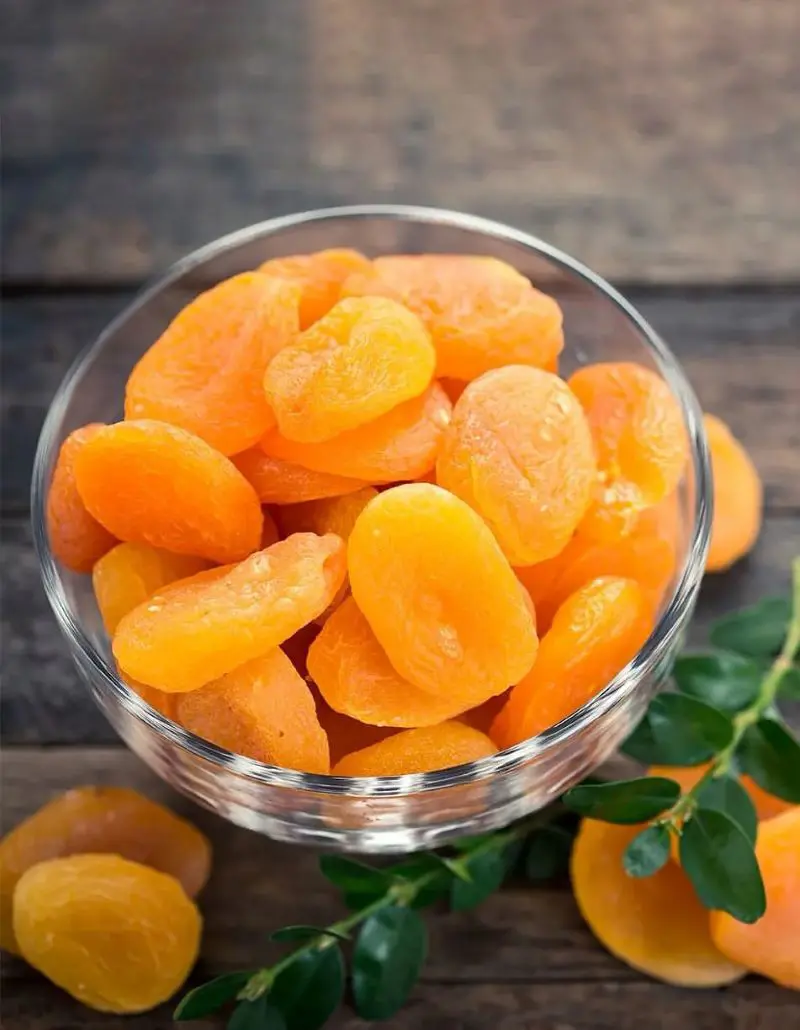
Dried apricots are apricots that have been dehydrated to remove their moisture content, resulting in a preserved fruit that is sweet, chewy, and concentrated in flavor and nutrients. They are rich in essential nutrients, including iron, with a 100-gram serving providing 2.66 mg.
They also offer a good source of dietary fiber, potassium, and antioxidants such as beta-carotene, which supports immune function and eye health. Their versatility allows them to be enjoyed on their own as a snack, added to trail mixes, used in baking, or incorporated into salads and savory dishes, making them a convenient and nutritious addition to various diets.
3. Raisins
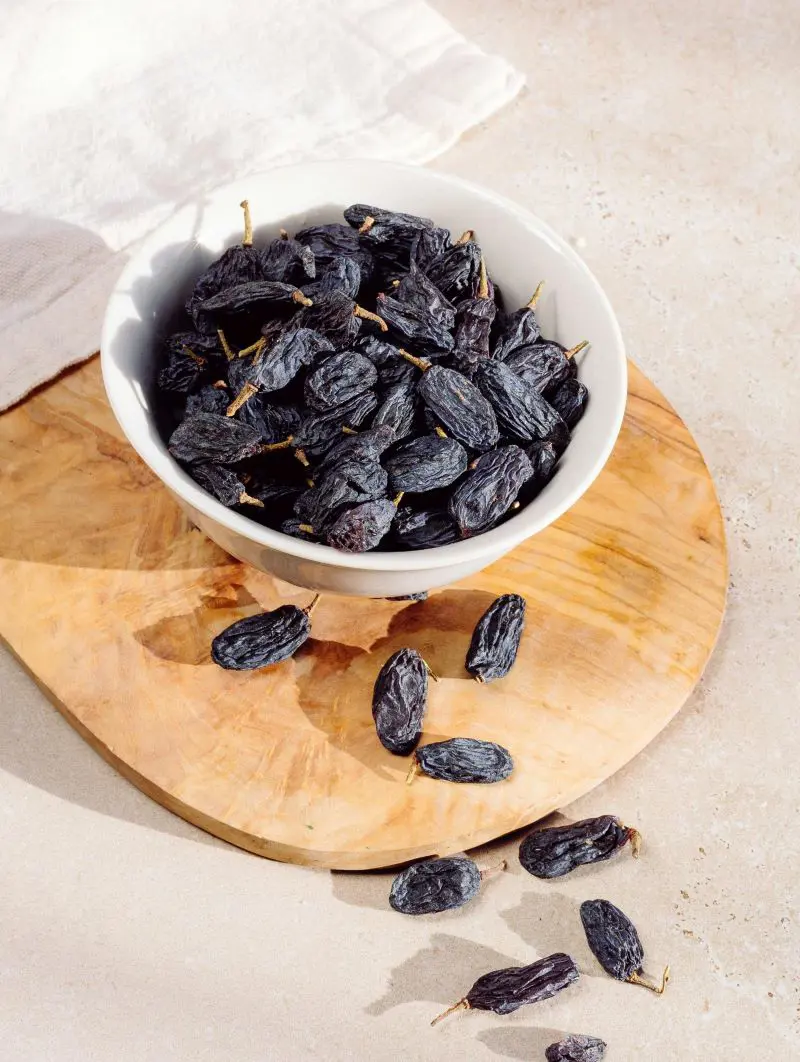
Raisins, which are dried grapes, offer higher iron content compared to many other fruits. A half-cup serving of raisins contains 1.3 mg of iron, providing approximately 7% of the recommended daily intake for most adult females and 16% for adult men.
Raisins contain non-heme iron, which is less easily absorbed by the body than heme iron but still contributes significantly to daily iron needs, particularly in vegetarian and vegan diets. Pairing raisins with vitamin C-rich foods like orange juice, strawberries, sweet potatoes, or pineapples can nearly double the absorption of non-heme iron, optimizing their nutritional benefit.
4. Mulberries
In a 100-gram serving of mulberries, there is approximately 1.85 mg of iron, making them a good source of this essential mineral. Besides iron, mulberries are rich in antioxidants, fiber, and vitamins such as vitamin K and vitamin E, which promote immune function and overall health.
Their sweet flavor, nutritional richness, and diverse health benefits have contributed to their increasing popularity worldwide. Mulberries can be enjoyed fresh from the tree, dried as a chewy snack, or added to various recipes such as smoothies, baked goods, and salads. For a homemade treat, cook fresh mulberries with sugar to create jam or preserves that can be spread on toast or used as toppings for pancakes or yogurt.
5. Figs
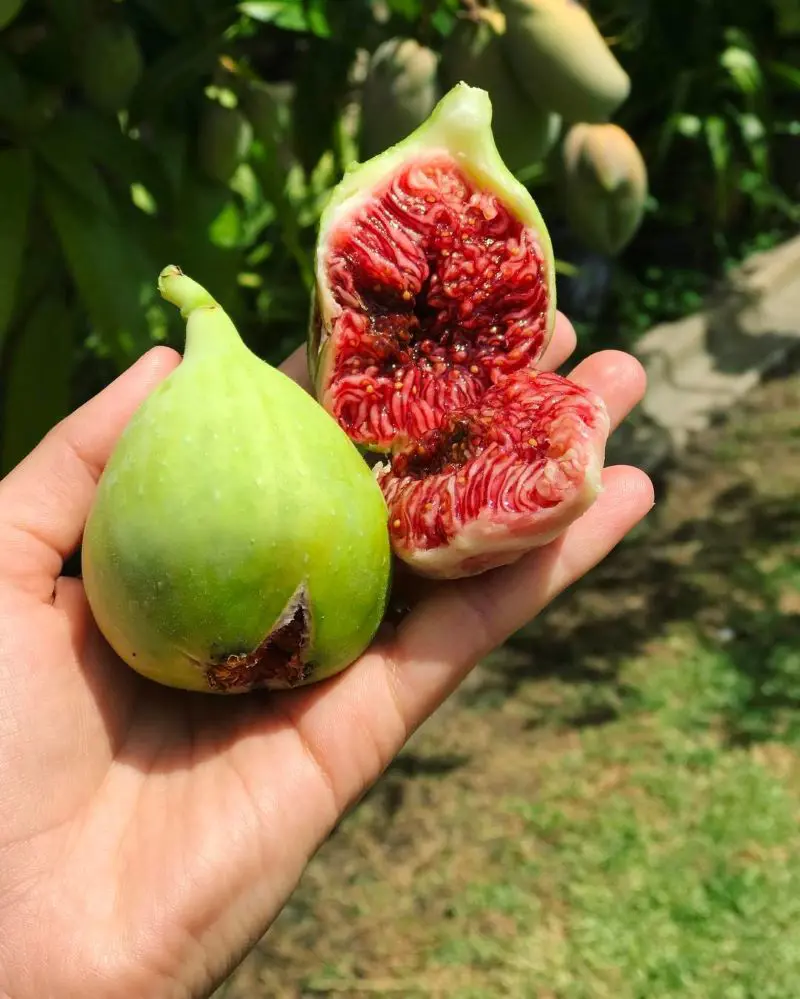
Figs are nutritionally valuable, providing a natural source of sugar, soluble fiber, and various minerals. One crucial mineral, especially important for growing women, is iron, which figs provide abundantly whether fresh or dried. Raw figs contain 0.37 mg of iron per 100 grams, while dried figs contain 2.03 mg.
Alongside iron, figs are rich in calcium, potassium, magnesium, copper, and antioxidants like vitamin A, all contributing to overall health and wellness. Individuals can opt for either fresh or dried figs but should be aware that dried figs contain more calories and sugar.
6. Dates
Dates have been a staple ingredient for hundreds of years, found in everything from trail mixes to pastry centerpieces. They are renowned for their high fiber and antioxidant content, and they serve as a rich source of various minerals, including iron. A 3.5-ounce (100-gram) serving of Medjool dates provides 0.9 mg of iron.
Being dried fruits, dates have a higher calorie content compared to most fresh fruits, similar to other dried fruits like raisins and figs. The majority of calories in dates come from carbohydrates, with a small portion from protein. Despite their calorie density, dates also offer essential vitamins and minerals, along with a significant amount of dietary fiber.
7. Pomegranates
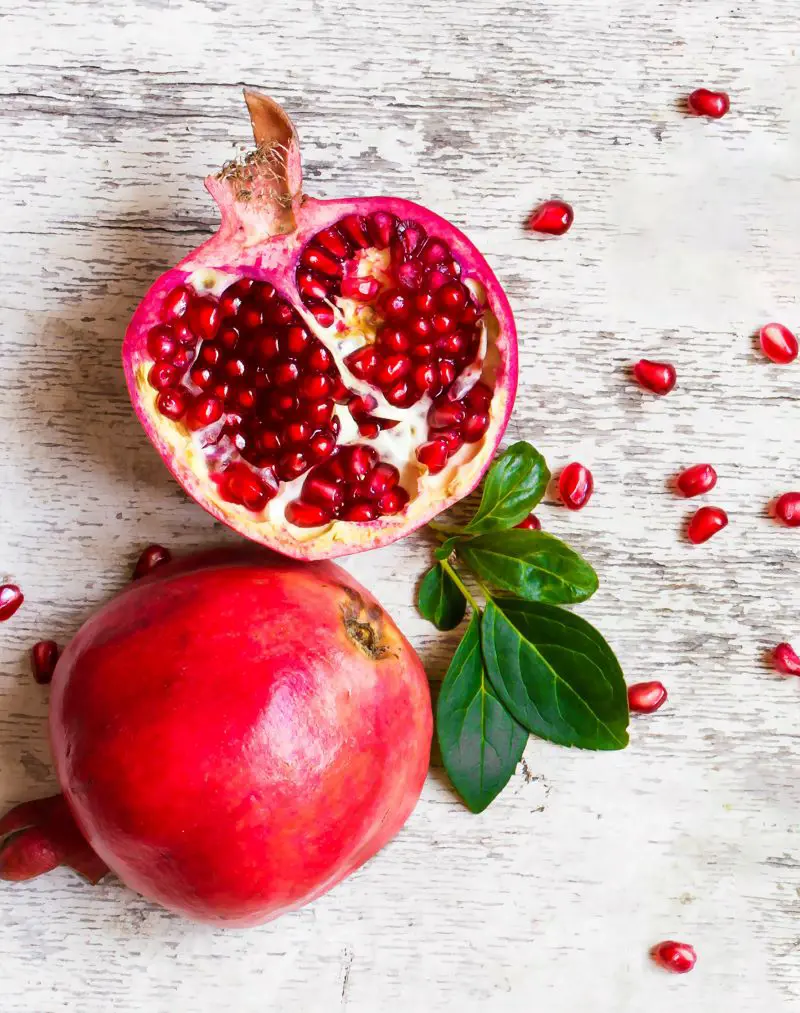
Pomegranate is packed with vitamin C, vitamin K, fiber, potassium, and protein. While there are fruits with higher iron content, pomegranate is highly recommended for treating iron deficiency anemia due to its rich vitamin C content. Typically, our bodies absorb only about 3% of dietary iron, as the gut doesn't readily absorb it.
The abundance of vitamin C in pomegranate aids in iron absorption by enhancing its metabolism. To optimize iron absorption, it's advised to avoid certain foods when consuming pomegranate, such as chocolates, coffee, spinach, tea, and alcohol, which contain compounds that inhibit iron absorption.
It's best to maintain at least a 30-minute gap between consuming these foods and pomegranate for maximum benefit.
8. Blackberries
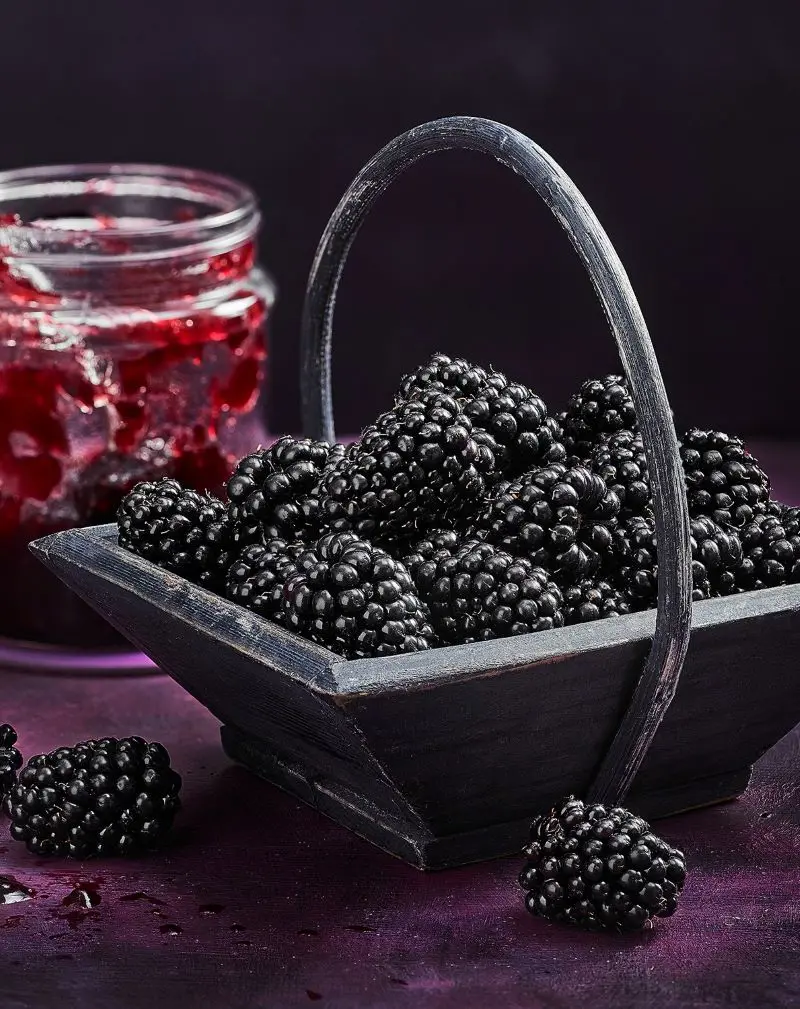
Blackberries are delicious, nutrient-rich berries known for their deep color and sweet-tart flavor. In a 100-gram serving, blackberries contain approximately 0.62 mg of iron. While this is modest, blackberries are valuable because they're also high in vitamin C, which enhances iron absorption.
This makes them beneficial for maintaining healthy iron levels in the body. The best way to consume blackberries is fresh, straight from the bush, or added to cereals, yogurt, or smoothies. They can also be used in desserts like pies and tarts or as a topping for pancakes and ice cream.
9. Raspberries
Raspberries are vibrant, flavorful berries packed with nutritional benefits, including a modest iron content of approximately 0.69 mg per 100 grams. While not exceptionally high in iron, raspberries contribute to meeting daily intake needs, especially when combined with other iron-rich foods.
They are also rich in vitamin C, which aids in iron absorption, enhancing their effectiveness in supporting iron levels in the body. Beyond iron, raspberries provide dietary fiber, antioxidants like quercetin and ellagic acid, and various vitamins and minerals, promoting overall health and well-being through their delicious and nutritious profile.
10. Watermelon
Watermelon is a refreshing fruit known for its juicy sweetness and surprising health benefits, including its contribution to daily iron intake. Despite its low iron content compared to other foods, like spinach, its high vitamin C content enhances iron absorption, making it a supportive choice for meeting daily iron needs.
Popular during summer, watermelons are packed with essential nutrients such as vitamin A, which promotes eye health, and lycopene, known for its antioxidant properties. With its high water content (about 92%), watermelon also aids hydration, making it an excellent choice for hot days. Enjoy watermelon sliced or cubed for a refreshing snack or blend it into smoothies for a hydrating treat.
11. Strawberries
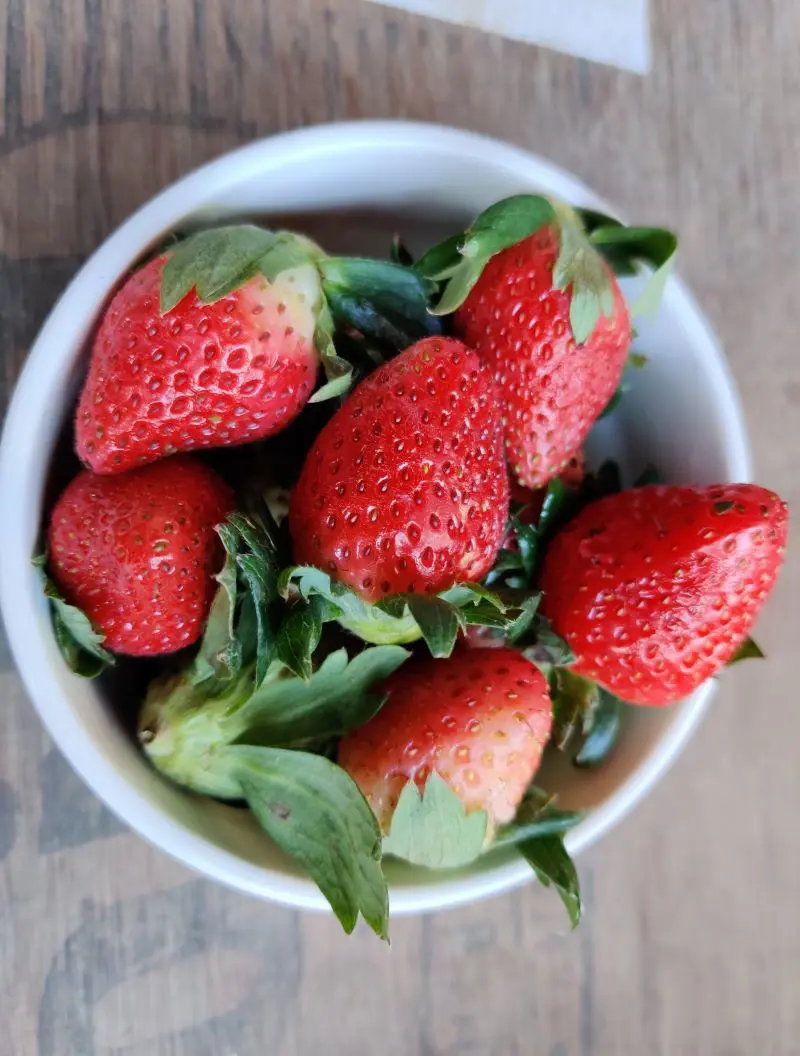
Strawberries are not typically considered a high-iron food, as they contain about 0.41 mg of iron per 100 grams. However, they contribute to iron absorption due to their high vitamin C content, which helps the body absorb non-heme iron from plant-based foods more effectively.
Beyond iron support, strawberries are rich in antioxidants like vitamin C and manganese, promoting immune function and skin health. They're immensely popular in spring and summer, prized for their sweet-tart flavor and versatility in culinary uses—from desserts to salads.
12. Peaches
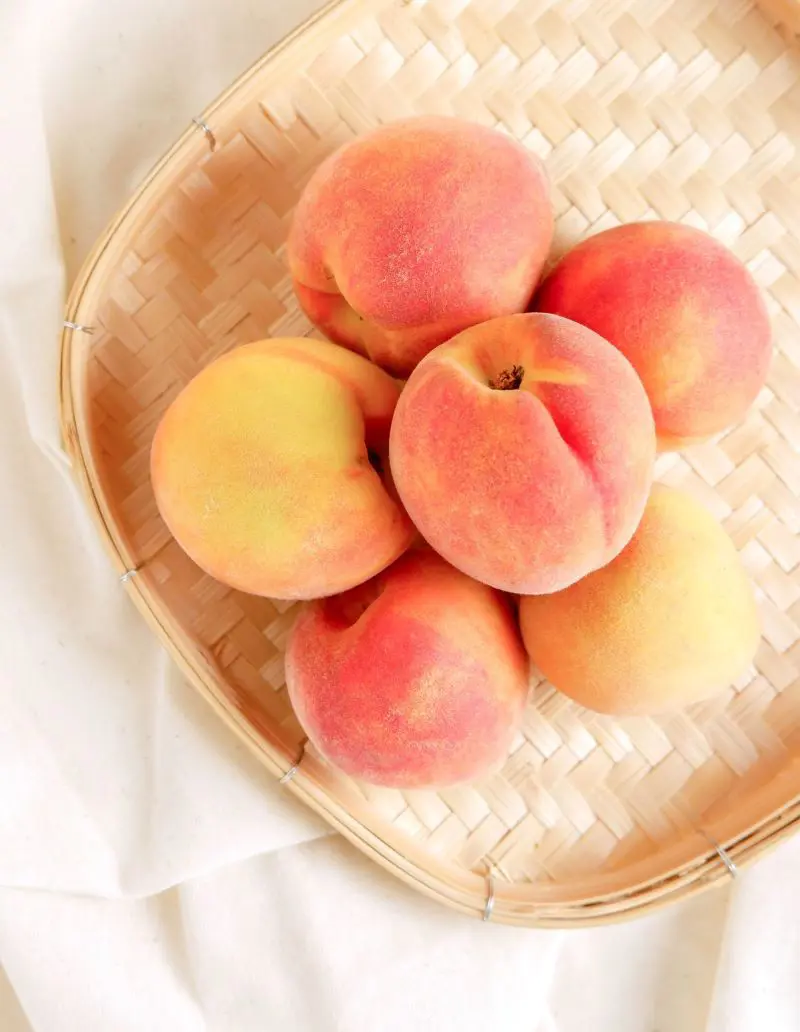
Renowned for their juicy sweetness and versatility, peaches are enjoyed fresh, grilled, in salads, or as jams and preserves. While not particularly high in iron (0.527 mg per one cup (155 grams)), they contribute to meeting daily iron needs through their vitamin C content, which enhances iron absorption.
Beyond supporting iron levels, they provide a range of nutrients such as vitamin A for eye health and potassium for heart function. Their fiber content aids digestion, while antioxidants like vitamin C protect cells from damage. Peaches are a seasonal delight in summer, cherished for their refreshing taste and culinary versatility.
13. Blueberries
Blueberries are celebrated not only for their vibrant flavor but also for their nutritional prowess. With 0.28 mg of iron per 100 grams, they contribute modestly to daily iron intake. Low in calories yet packed with vitamins, antioxidants, and beneficial plant compounds, blueberries are a superfood powerhouse.
Their rich antioxidant content supports heart and brain health, while their potential to regulate blood sugar levels makes them a smart choice for maintaining overall health. Whether enjoyed fresh, frozen or in various culinary creations, blueberries stand out as a delicious and nutritious addition to any diet, offering a sweet way to boost essential nutrients and support well-being.
14. Goji Berries
Goji berries are small red fruits rich in antioxidants and potent medicinal qualities. They not only enhance the visual appeal and flavor of dishes but also offer more iron compared to berries like strawberries and blueberries.
Just 5 tablespoons (28 grams) of dried goji berries provide 11% of the Daily Value (DV) of iron, making them a beneficial choice for increasing iron intake. These berries are commonly available in dried or powdered forms and are frequently included in supplements and juice mixes. Additionally, they are packed with fiber, vitamin A, and vitamin C.
15. Elderberries
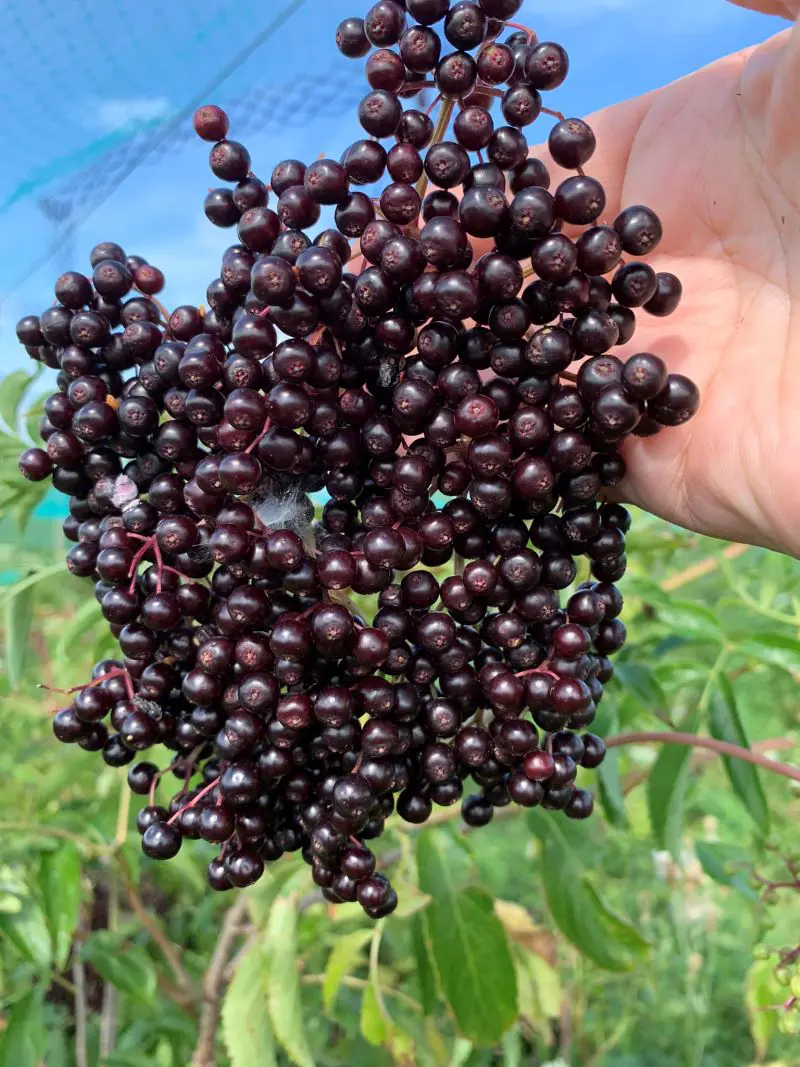
Elderberries are known for their rich nutritional profile, including being surprisingly high in iron. With approximately 2.32 mg of iron per cup (145 grams), elderberries make a significant contribution toward meeting daily iron needs.
Beyond iron, they are packed with vitamins, particularly vitamin C and vitamin A, which are essential for immune function and vision health. Elderberries also contain flavonoids and antioxidants that may help reduce inflammation and support cardiovascular health.
Traditionally used in various remedies and culinary preparations like jams and syrups, elderberries offer both a flavorful addition to recipes and potential health benefits.
16. Cherries
Cherries, with their vibrant color and juicy flavor, offer a delightful way to boost iron intake. One cup of pitted cherries (154 grams) provides 0.554 mg of iron, making them a tasty and nutritious addition to your diet. Though not exceptionally high in iron alone, pairing cherries with other iron-rich foods can help elevate overall iron consumption.
Besides iron, cherries are rich in antioxidants, vitamins A and C, and fiber, contributing to overall health benefits such as reduced inflammation and improved heart health. Whether enjoyed fresh, dried or in various dishes, cherries add a delicious and nutritious boost to meals, supporting better iron intake and overall well-being.
17. Persimmon
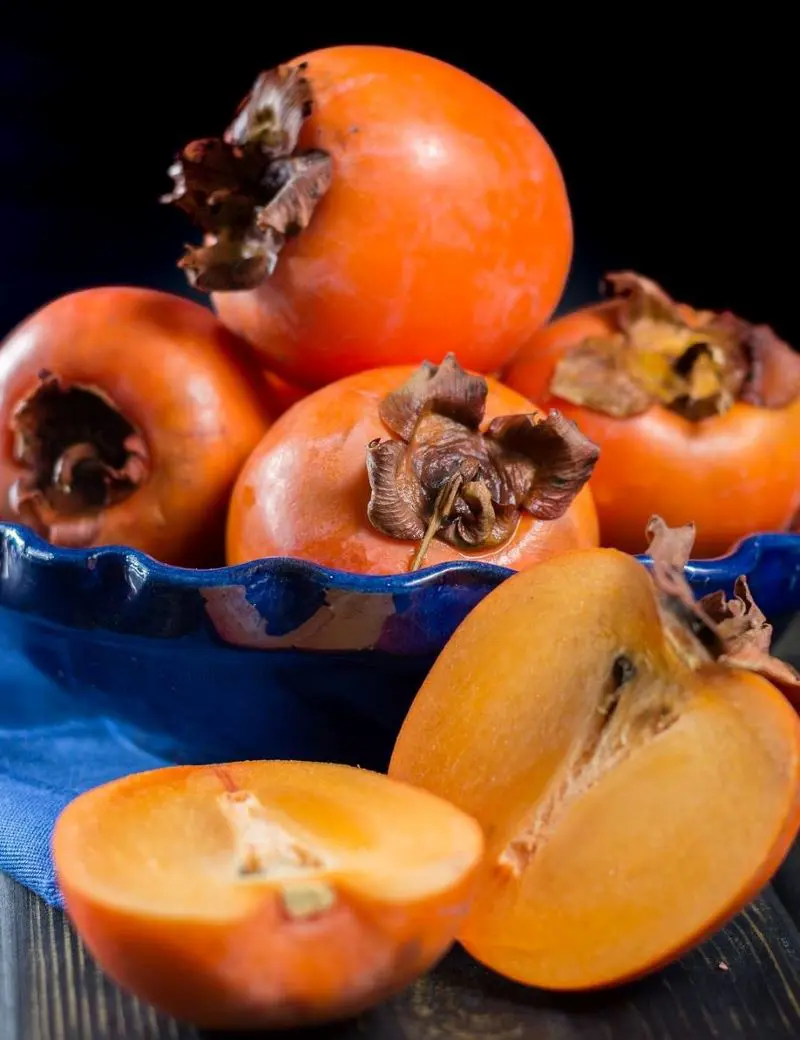
Persimmons are vibrant, sweet fruits enjoyed for their rich flavor and nutritional benefits. With 2.5 mg of iron per 100 grams, they are a valuable source of this essential mineral. Persimmons are typically in season from late fall to early winter, making them a popular choice during these months.
They are also packed with vitamins A and C, providing immune and eye health benefits. Low in calories yet high in fiber, persimmons are an excellent weight loss-friendly food that supports digestive health.
18. Olives
Olives, particularly black olives, are an excellent source of iron. Consuming 10-12 olives daily can help maintain healthy iron levels in your body. In addition to iron, olives are rich in vitamin E, calcium, and copper, which aid in creating enzymes that boost immunity and prevent heart diseases.
Olives can be enjoyed in various ways: if you love olives, you can eat them straight from the jar, or you can incorporate them into salads or pasta along with other nutritious ingredients for added flavor and health benefits.
19. Pineapple
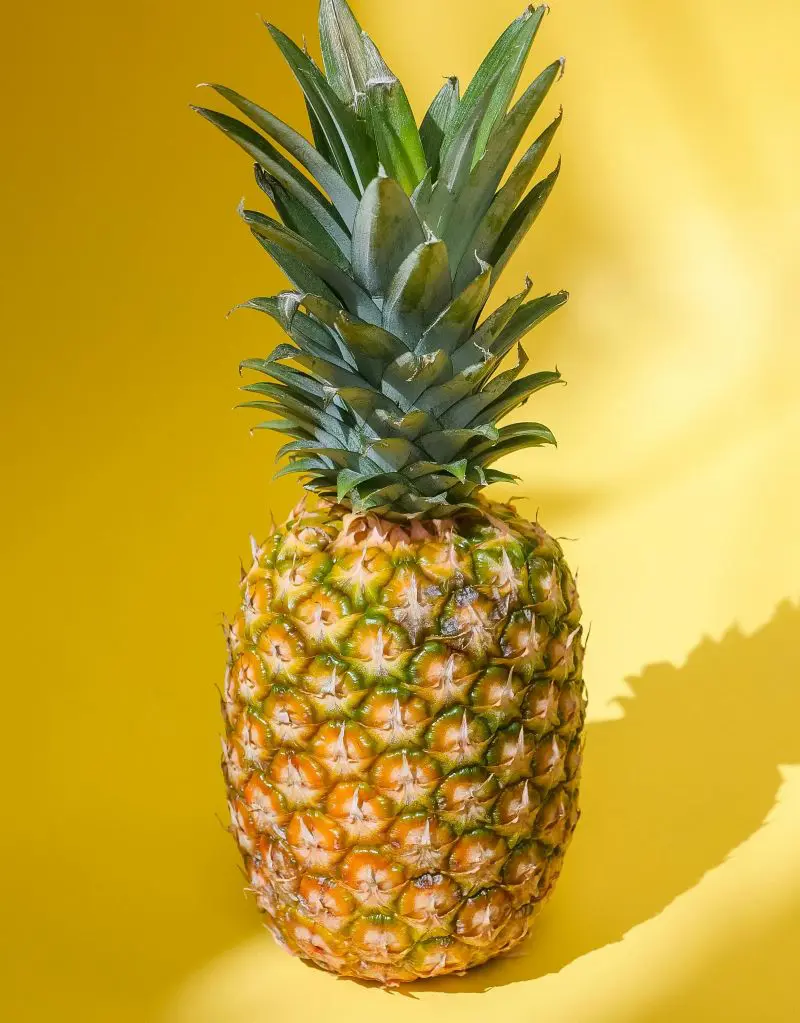
Pineapples are low in calories but highly nutritious. They are also a good source of iron, with one cup of pineapple chunks (165 g) containing 0.478 mg of iron. Additionally, pineapples contain trace amounts of phosphorus, calcium, zinc, and vitamins A and K.
This fruit is particularly rich in vitamin C and manganese. Vitamin C is essential for iron absorption, immune health, and growth and development, while manganese provides antioxidant properties and aids in growth and metabolism.
20. Guava
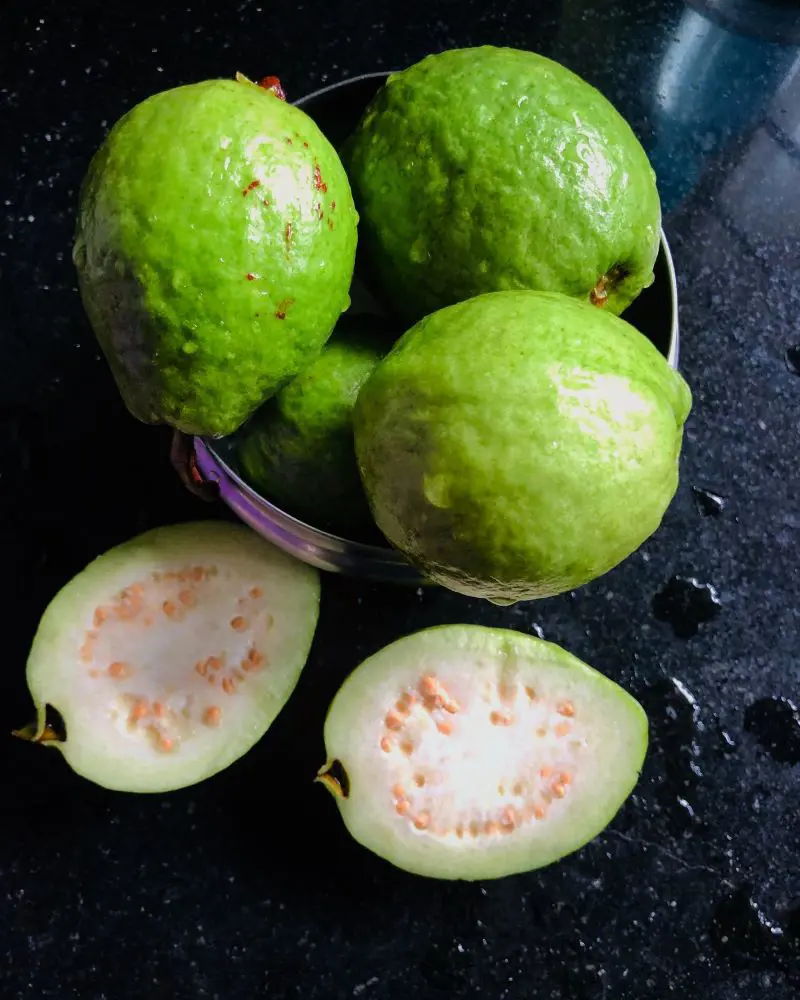
Guava is a tropical fruit known for its unique flavor and rich nutritional profile. One cup (165 grams) of guava contains 0.429 mg of iron, making it a modest source of this essential mineral. Guavas are typically available year-round in tropical and subtropical regions, with peak seasons varying by location.
This fruit is exceptionally high in vitamin C, which boosts immune health and enhances iron absorption. Guavas also provide dietary fiber, vitamin A, and potassium. The best way to consume guava is fresh, either sliced or scooped with a spoon, but it can also be added to salads, smoothies, and desserts.
Recent posts
Nutrition
Nutrition
Licorice Root: Benefits And Uses
You can spell it liquorice or licorice; this herb or root has been in use for centuries in most medicinal applications, as a natural sweetener and to enhance flavors. Regarding its origins, it comes from the root of the "Glycyrrhiza galbre" plant and...
Nutrition
Is Salmon Good For You? Nutritional Facts and Benefits
Salmon fish is a staple diet throughout the world, popular as a super food for its nutrients. Whether savored in sushi, poached, grilled, roasted, or pan-fried, salmon offers minerals and vitamins that contribute to healthy bodily functions. In addit...
Nutrition
25 Smoked Salmon Recipes That You Will Enjoy
Salmon is a silver-colored fish that is loaded with many nutrients, vitamins, and omega-3 fatty acids. Smoked Salmon is better for improving your health and reducing the risk of cancer, heart-related diseases, fights inflammation, reduces anxiety and...
Nutrition
Are Sausages Healthy? Nutrition And Health Benefits
Sausages are tasty in an addictive way, making them one of the most popular foods worldwide. You may have enjoyed this convenient food often, whether on a bun with mustard or grilled on a barbecue, the simple preparation methods are what makes its co...
Nutrition
20 Vegetables That Are Rich In Iron
Iron is essential for our bodies to function well. When we don't get enough iron, we often feel weak and tired. It's important to address iron deficiency early by eating the right foods. Fortunately, many vegetables are rich in iron and can help prev...
Nutrition
15 Cauliflower Nutrition Facts And Health Benefits
Cauliflower, a cruciferous vegetable, resembles a white variation of its relative, broccoli. Like broccoli, it has closely bunched florets attached to a thick core, often surrounded by a few leaves. While white is the most common color, cauliflower i...

